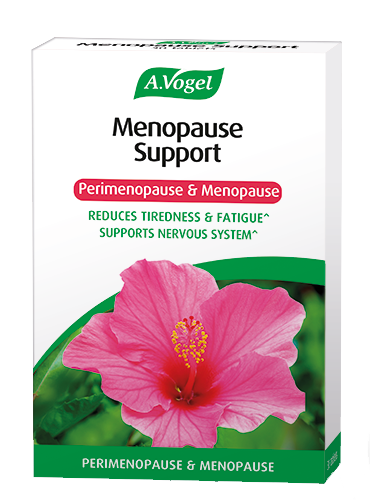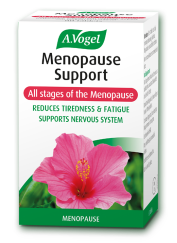The case study
A woman of 50 had been diagnosed with non-cancerous ovarian cysts. She was lined up for a complete hysterectomy, whereby both ovaries and her womb would be removed. She had been told that she should take HRT after the operation, but was disconcerted by the negative things she’d read about HRT on the internet. She asked us if we could recommend something natural as an alternative.
What happens after a hysterectomy?
If you have a complete hysterectomy, or if you have both of your ovaries removed, you become incapable of producing oestrogen.
In the course of a normal menopause, your oestrogen levels would gradually fall over the course of several years, during which time your body would become accustomed to the lower levels and adjust accordingly. At various points during this process you might experience symptoms due to the falling oestrogen levels. You would eventually no longer have periods because your oestrogen levels wouldn’t be high enough to trigger ovulation and then a bleed.
If you have your ovaries removed, the source of oestrogen is cut off completely overnight. This is like having your menopause land on your doorstep out of nowhere in its most extreme form. Normal or high oestrogen levels plummet to zero from one day to the next. This is not a ‘natural’ scenario – it would not happen in nature.
It is very likely that your body will struggle to deal with this situation. Extreme symptoms of low oestrogen will hit you – flushes, sweats, vaginal dryness, low mood, poor sleep, lack of libido and, in some cases, even depression.
Should you take HRT in this case?
The sensible thing to do in this situation is to take supplemental oestrogen, as offered by HRT. This will help tide you over when you suddenly lose your own oestrogen production, and save you from the extreme symptoms.
You can then start to lower your HRT dose very slowly and gradually, with your doctor’s help, over a long period of time – mimicking the natural fall of oestrogen in a natural menopause. At this time, you can use remedies such as fermented soya isoflavones to gently support oestrogen and prepare your body for the eventual withdrawal of HRT.
A.Vogel Menopause Support | For Perimenopause, Menopause & Postmenopause Symptoms
£8.99 (30 tabs) In Stock
A hysterectomy is not a 'natural' event, and it cannot be treated naturally in anything like as effective a manner as that offered by HRT. In these circumstances we would suggest that HRT is worth considering carefully, as part of a programme to ease you through the menopause thrust upon you by the operation.









